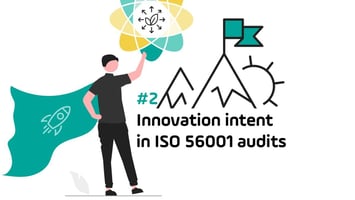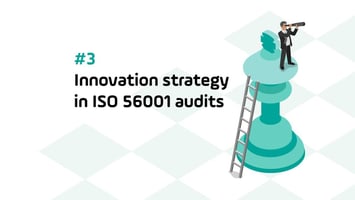ISO 56001 is gaining traction. More organizations worldwide are adopting this international...
#1 Managing uncertainty in ISO 56001 audits
ISO 56001, the international standard for innovation management systems (IMS), is now being adopted by organizations worldwide to help them create more value with fewer resources. As it gains traction, both internal and certification auditors face new challenges, especially when it comes to managing uncertainty in relation to audits.
Unlike routine operations, innovation thrives in unpredictable conditions. Auditors must navigate (1) limited evidence for decision-making, as initiatives often rely on assumptions and emerging data, (2) the role of “failure” as a valuable learning source rather than a setback, and (3) adaptive processes, where plans evolve in response to new discoveries.
To address these challenges, auditors can:
- Look for flexibility in innovation processes and the ability to pivot.
- Evaluate how lessons from both successes and failures are captured and applied.
- Review how prototypes, pilots, and experiments are used to validate and test concepts.
By shifting the lens from rigid compliance to learning and adaptability, auditors can ensure ISO 56001 not only ticks the boxes but genuinely supports innovation efforts in uncertain environments.
Managing uncertainty is one of eight critical themes auditors must be aware of and master when auditing ISO 56001.


